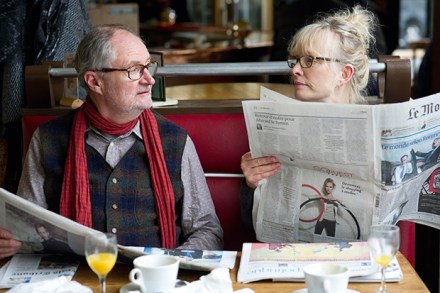British expats in the EU fear a stronger euro far more than they fear Brexit
Whenever I return to England from my home in France I am struck at once by the number of grossly fat people of beached-whale proportions, by the almost militant vulgarity of much of the population, and by the shabbiness of the infrastructure. This suggests to me that our deeper problems are unrelated to our membership of the EU, and that we have neither the will nor the ability to solve them. This is not to say, however, that our membership serves our national interest. Brexit is possible, though I confess that I’ll believe it when I see it, given the integrity of our political class. Would Brexit affect my position



















